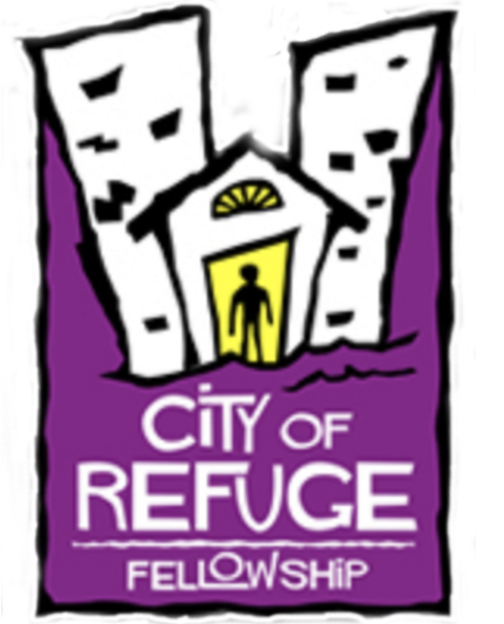The prologue, the first 18 verses of John, are an introduction to Jesus as John has seen Him. The synoptic gospels, Matthew, Mark and Luke are each a basic synopsis of Jesus’ life on earth, they cover events, details and experiences over a specific period of time in order to tell us “the story” of Jesus the Messiah. The book of John is altogether different. John is not only writing about the incarnated Jesus that he lived with or the resurrected Jesus that he sat with and listened to or even the ascended Jesus that he was believing to return; John is writing about the eternal Son of God that he was allowed to witness in all of His glory through what he wrote down as the book of Revelation. John saw Jesus as the beginning and the end, He witnessed Him as the Creator of everything and then saw Him as the One who will triumph over all His enemies and rule the earth at His return. Have you ever wondered why John’s gospel is the only one that gives details about Jesus’ promise of the coming of the Holy Spirit, about who He would be, what He would do and how He would be sent? Could it be because John was the only one who saw the Godhead in all His majesty, beauty and mystery? John witnessed the One who sits on the throne, the Lamb and the Spirit who cries out with the Bride “come”. The book of John is written, like all the books of the Bible, by the inspiration of the Holy Spirit, but it’s also written from an experience of intimacy that no other author of Scripture possessed. John writes to tell us about Jesus in a depth that no one else had ever seen Jesus in before. Therefore, the beginning of his letter does not start with Jesus’ genealogy like Matthew does or the birth and ministry of John the Baptist like Luke and Mark do. John begins his letter about Jesus by telling us that before there was anything created there was God and Jesus was with God and Jesus was Himself God: “In the beginning was the Word, and the Word was with God, and the Word was God.” John’s first claim about Jesus is the most important one, it’s the one that all the others must be built upon: Jesus is God. Everything else must be built upon this because there is no way that a human could have ever become divine, Jesus’ divinity allowed Him to take on humanity. As Paul wrote in Philippians 2, Jesus was in the form of God, was equal with God and then chose to “make Himself” of no reputation and take on the form of humanity. God became a man so that He could redeem man back into being the children of God. This morning we move from Jesus as the Word to Jesus as the giver of all life and the source of all light. John wrote that in Jesus “was life, and the life was the light of men.” There is a connection between life and light, one opens the door for the other but once that door is opened there is a calling and responsibility to not just live but to shine. Today I want us to see Jesus as the Giver of Life and the Light of the world and in doing so I want us to ask ourselves what it really means to be “pro-life” and to honestly examine our ways to be sure that our lives have become lights that have not been overcome by the darkness.

